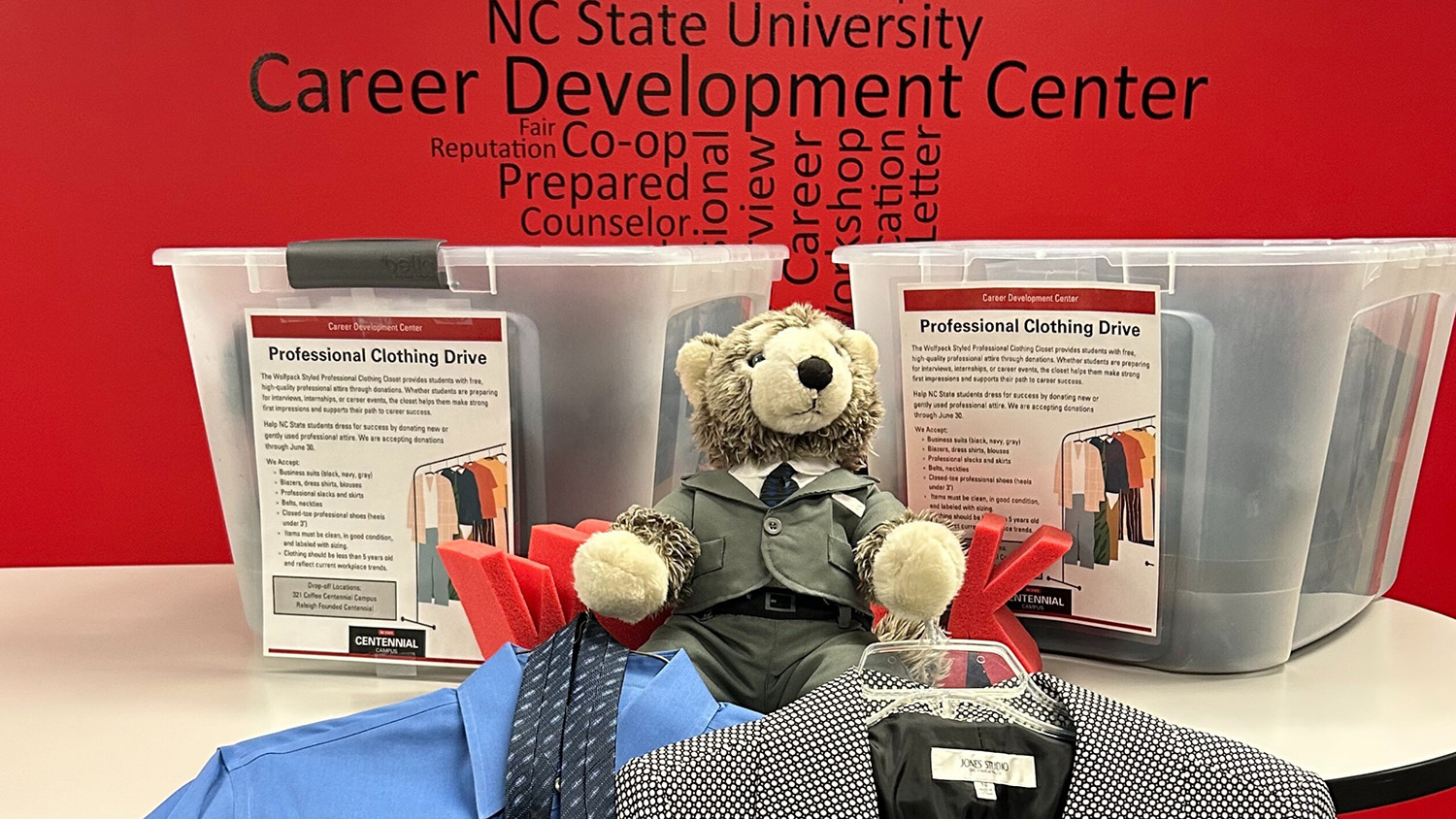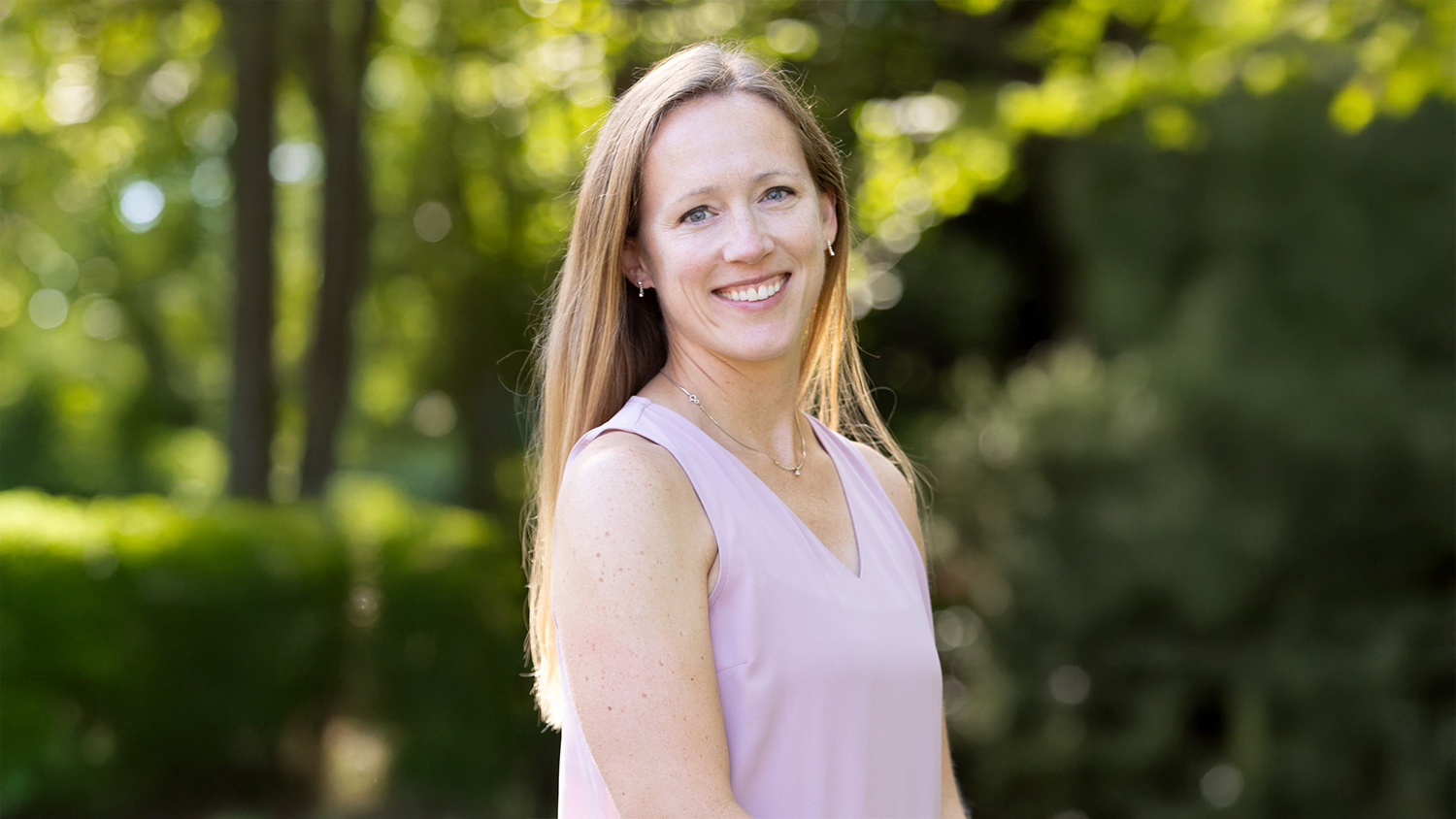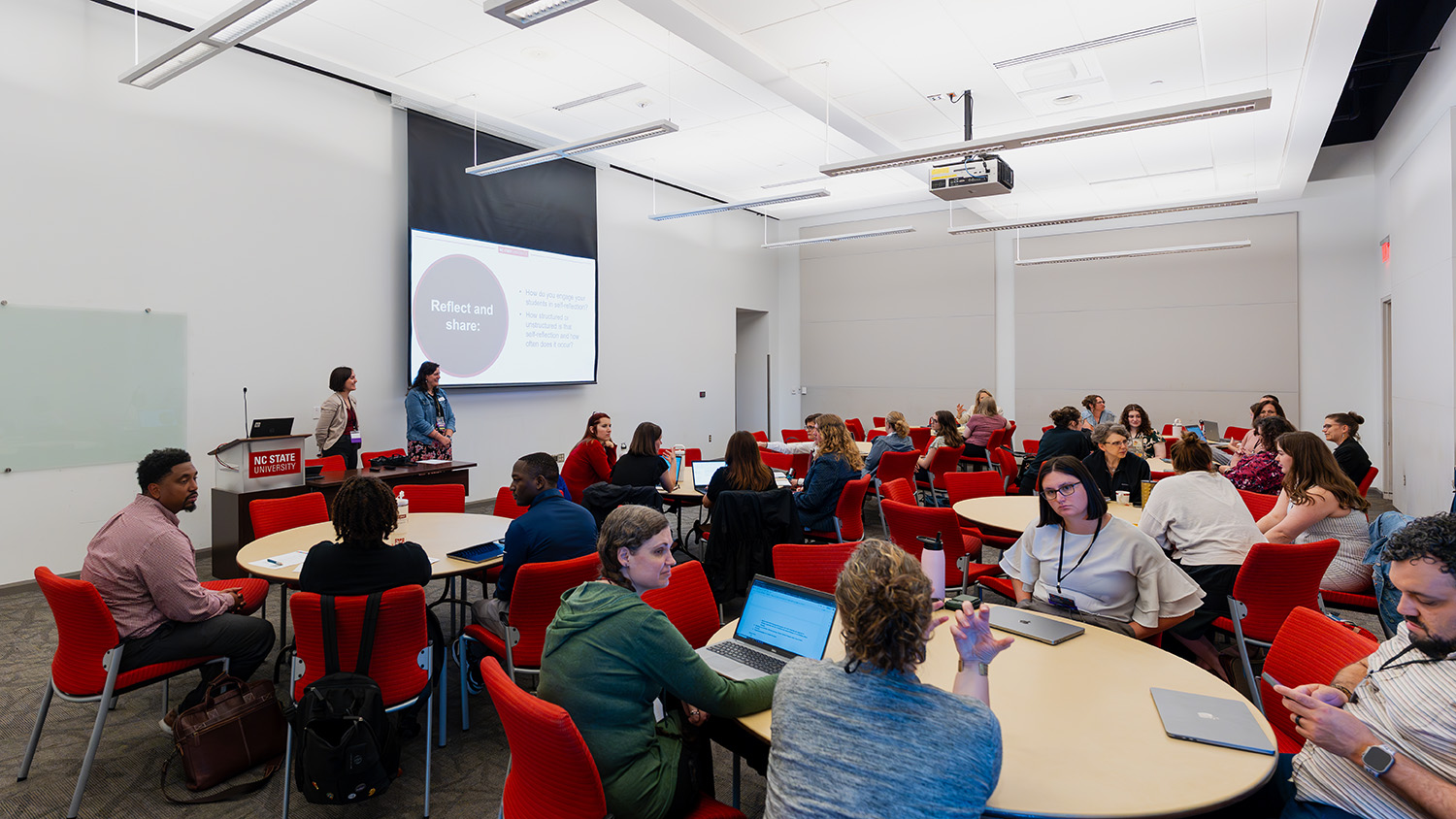CSNAP Student Conference
On a cool, crisp Saturday morning in November, hundreds of students from various schools throughout North Carolina arrived at Fayetteville State University for the annual Citizenship, Service, Networking, And Partnerships (CSNAP) student conference. Through various panels, activities, and workshops planned throughout the day, students had the opportunity to explore “The Power of Youth Civic Courage: From the Civil Rights Movement to Today.”
The NC State Delegation consisted of nine students from diverse disciplines across NC State, ranging from the Waste Reduction and Recycling office to Women in Computer Science to the University Arts Village. CSNAP served as a medium for NC State students to come together and share their ideas for social change with hundreds of like-minded civically engaged students. Of course, we do not just expect you to take our word for it… instead, we ask you to take Meghana Subramaniam’s word, an NC State delegate majoring in Computer Science and Economics: “I loved meeting such a diverse community and learning more about what I could do to be more civically engaged on campus. It was amazing to hear people speak about civic courage and their experiences, and the workshops were so useful and applicable”
[pullquote cite=”Meghana Subramaniam” color=”bioindigo” align=”alignright”]I loved meeting such a diverse community and learning more about what I could do to be more civically engaged on campus. It was amazing to hear people speak about civic courage and their experiences, and the workshops were so useful and applicable[/pullquote]
Throughout the event, the impact of the civic courage of young leaders in America’s past was highly evident, especially during a panel discussion with the former chancellor of and a former professor at Fayetteville State University, both of whom were active in the Civil Rights Movement during their college years. The courage of youth leaders in our past paved the way for social change, and ultimately allowed for the confluence of such diverse minds at the CSNAP student conference. The bravery of leaders in our past forces us to consider how our actions today will impact future generations. What will be our legacy?
Students were able to explore their next steps as civic leaders as participants of one-of-a-kind student-led workshops, including “Leadership with a Side of Salsa,” “Volunteerism not Voluntourism,” “The Healing Power of Mardi Gras,” among others. NC State’s very own Kaley Cross headed a workshop entitled “Reducing Your Waste: Ways to be a Sustainable Student,” which employed a trash-sorting game to test the participants’ knowledge of waste and showcased sustainable alternatives to everyday items. The workshops employed creative tactics, such as learning the relationship between leader and follower through dance, to assist students in figuring out ways that they can improve their leadership style in the future and maximize their impact in their communities. NC State delegate Haley Johnson believes the workshops were a “beneficial experience for anyone looking to improve their leadership skills, network with fellow student leaders, or learn how they can do more”
While examples of efficient leadership were still fresh in everyone’s minds, the presenters transitioned into the awards ceremony. The founder and president of Zero Waste Wolves on NC State’s campus, Kyra Levau, was awarded the Community Impact Award for her efforts to reduce waste on campus. Kyra piloted a paper-towel composting project that could remove over 28,000 lbs of paper towels from landfill bills across campus. She also carried out an bin optimization plan at the library that replaced 337 desk-side bins with convenience sites near elevators. Her work has reduced the use of bin bags and streamlined work for housekeeping staff.
After a full day of meaningful conversations and intellectual exchanges, the conference concluded with the Theater of the Oppressed. During this activity, actors froze to represent a scene where someone was oppressed. The actors when then re-staged to represent an ideal world where that person was no longer helpless. It was up to the audience to figure out the third scene, the scene that represents how to progress from the oppressed image to the ideal image. Oftentimes, it is easy to see the beginning and the end, but it is up to civically engaged leaders to figure out the middle.
- Categories:


